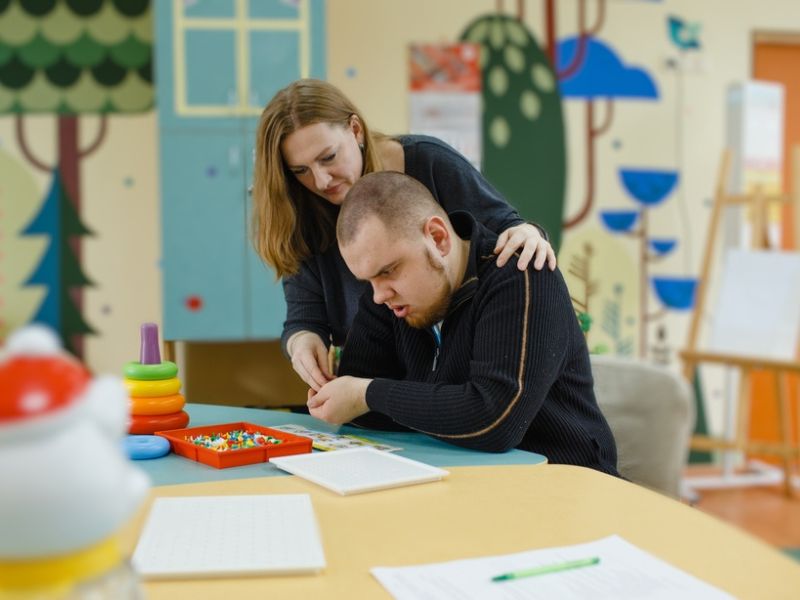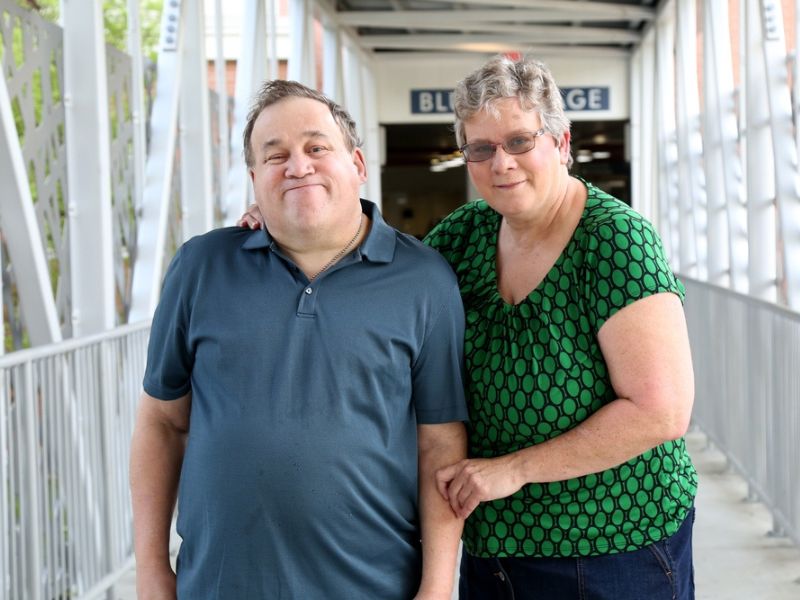Autism, a developmental disorder that affects communication and social interaction, is often associated with childhood. However, it is essential to recognize that autism can persist into adulthood, and many individuals may go undiagnosed until later in life. Identifying the signs of autism in adulthood is crucial for understanding oneself or supporting loved ones. Here are the nine most significant signs to look out for:
Difficulty With Social Interactions
Adults with autism may struggle with maintaining eye contact, understanding social cues, and engaging in reciprocal conversations. They may feel socially isolated or have difficulty forming meaningful relationships.

Image Credit: Shutterstock/Miridda
Sensory Sensitivities
Many individuals with autism have heightened sensory sensitivities, manifesting as sensitivity to light, sound, touch, or certain textures. They may become overwhelmed or distressed in environments with excessive stimuli.
Repetitive Behaviors And Routines
Adults with autism often display repetitive behaviors, such as hand-flapping, rocking, or engaging in specific rituals. They may also have a solid attachment to routines and become anxious or upset when their routines are disrupted.
Difficulty With Transitions
Transitioning from one task or environment to another can be challenging for adults with autism. They may require extra time and support to adjust to changes and may experience anxiety or frustration during transitions.

Image Credit: Shutterstock/Barbara Sauder
Narrow Interests And Intense Focus
Many individuals with autism develop passionate interests in specific topics. They may have a deep knowledge of these subjects and spend significant time engaged in them.
Communication Difficulties
Adults with autism may struggle with verbal and nonverbal communication. They may struggle with understanding sarcasm, irony, or figurative language and may have a monotone or unusual speech pattern.
Recognizing the signs of autism in adulthood is crucial for early intervention and support. If you or someone you know exhibits these signs, seeking a comprehensive evaluation by a qualified healthcare professional is recommended. With understanding and appropriate support, individuals with autism can lead fulfilling and meaningful lives.